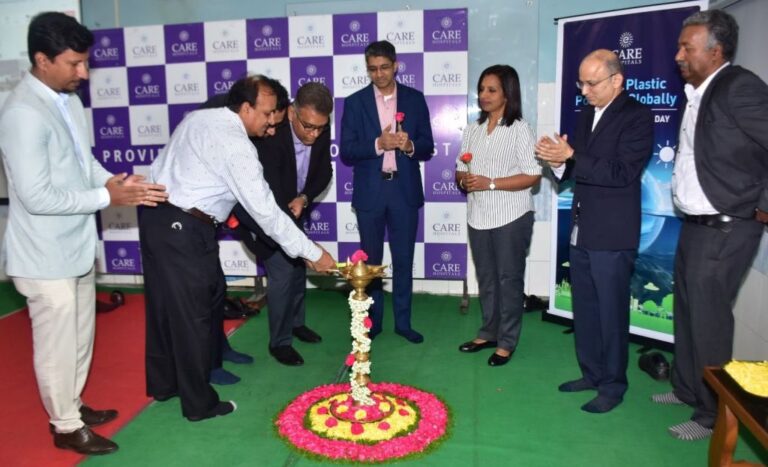
Jawaharlal Nehru Centre for Advanced Scientific Research (JNCASR), an autonomous institute under the Department of Science and Technology (DST), has signed an agreement with Hindustan Zinc Limited (HZL) to promote the development of indigenous zinc-ion battery technologies. The collaboration will focus on developing new types of zinc materials that are required to enhance the performance and commercial viability of zinc-ion batteries.
Zinc, despite being abundant and cost-effective, presents challenges in its application due to its thermodynamic instability with water-based solutions. The partnership aims to address these challenges through material innovations at the electrode, electrolyte, and interface levels. Professor Premkumar Senguttuvan's research group at JNCASR has laid a strong foundation in zinc-based battery research.
The group's state-of-the-art battery characterisation facility, funded by DST, has made significant progress, attracting interest from industry leaders such as Hindustan Zinc. This collaboration will leverage JNCASR's research expertise and Hindustan Zinc's product innovation capabilities to explore the development of new zinc alloys for use as anodes in zinc-ion batteries and electrolytes for their application in rechargeable batteries.
In a statement, the Ministry of Science and Technology said Senguttuvan plans to modify the structure and chemical compositions of alloys and electrolytes from the atomic level to the device level with the aim of resolving existing material issues. Due to low cost and abundance of raw materials, zinc-based batteries are in a position to provide a safer and more reliable option for large-scale energy storage. With ongoing advances in material stability and performance, zinc-ion batteries have the potential to revolutionise the energy storage sector.




